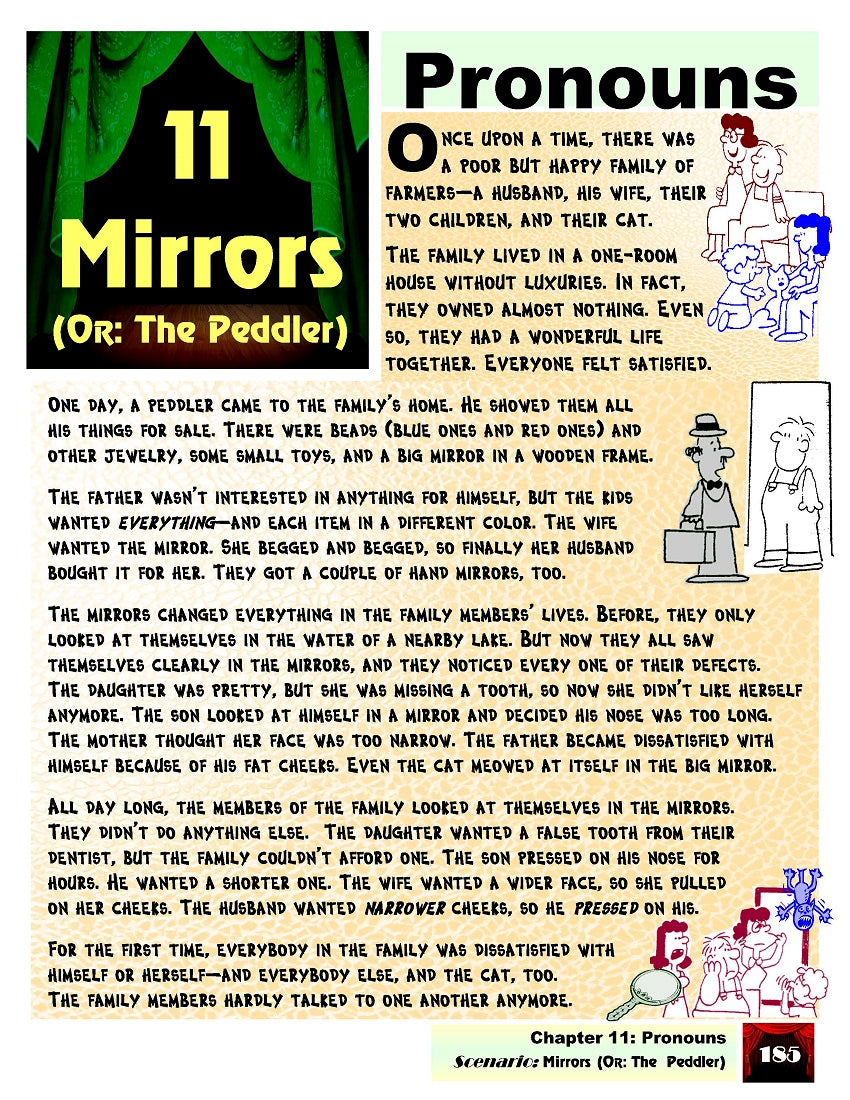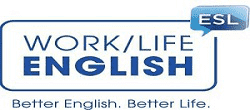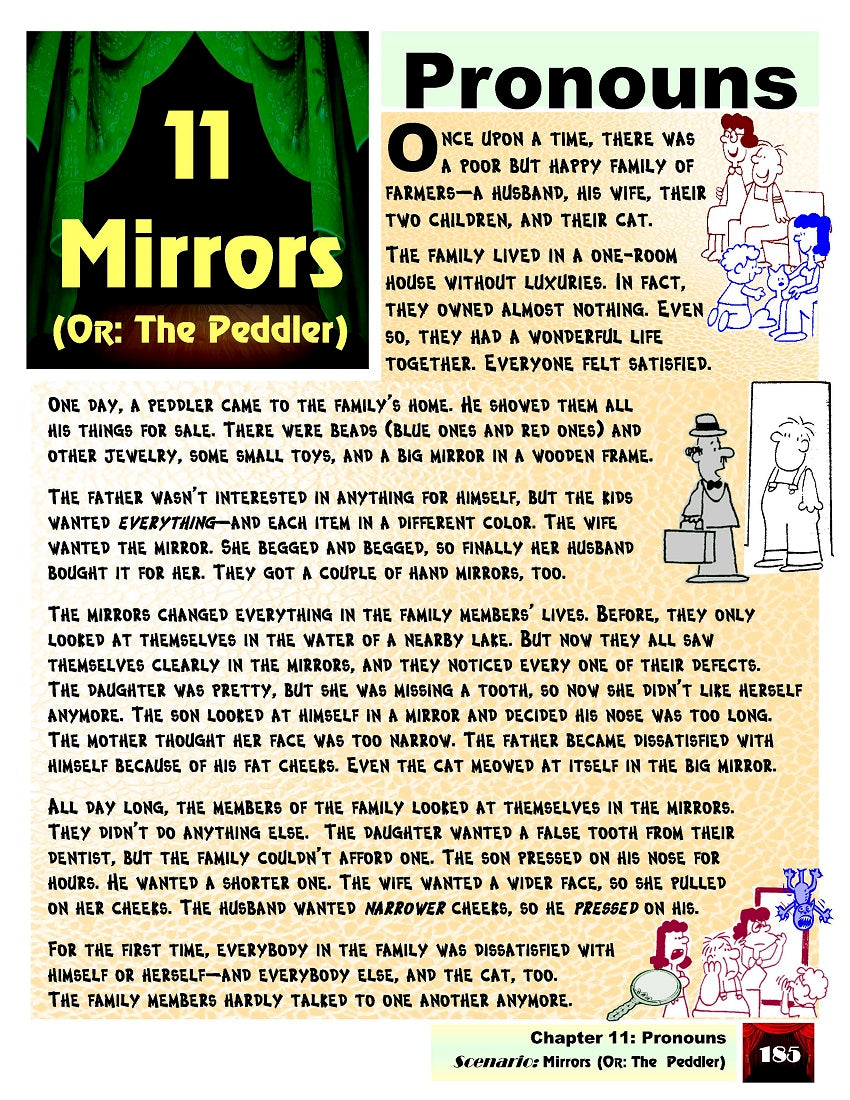1
/
of
1
Work/Life English
D-12.06 Use Personal, Generic Impersonal (Including One), Reflexive, Reciprocal & Indefinite Pronouns to Reflect on “the Truth”
D-12.06 Use Personal, Generic Impersonal (Including One), Reflexive, Reciprocal & Indefinite Pronouns to Reflect on “the Truth”
Regular price
$5.00 USD
Regular price
Sale price
$5.00 USD
Unit price
/
per
Chapter 11: Pronouns (“Mirrors” or “The Peddler”) of the New Scenario Book Two: Continuing to Use English Grammar in Context, pages 185-206
22 pages
Who It’s For: (Teachers & Helpers of) Intermediate to Advanced Grammar & Style Promoters Seeking (to Express) Views on Human Relationships in the Past, Present, & Future
Why It’s Useful: Most of what’s happened, what’s going on today, and what may or may not occur in the “new normal” of tomorrow has to do with people’s attitudes toward themselves, things and issues, and others. And in learning and expressing their beliefs / views about humanity, listeners, readers, speakers, and writers are likely to encounter and to need lots of pronouns—those “secondary parts of speech” that replace (stand for) nouns in contextualized discourse. So here they are again—presented in a universal old folk tale called “The Peddler”—to practice with pedagogy and in exercises and activities that illuminate human values, ideals, and more.
What You’ll Do:
[1] Use the Scenario: Mirrors (or The Peddler) on pages 185-186 to start retrieving your own ideas about vanity, ownership, life satisfaction, relationships, and the like. And of course, while taking in its language and its Comprehension Checks, notice the various kinds of Pronouns (Personal, Generic Impersonal, Reflexive, Reciprocal, Indefinite) that appear in a universal tale of satisfaction vs. dissatisfaction with one’s life situation. While considering the “Grammar Notes”—and doing and checking the relevant practice Exercises that almost fill the Chapter to page 203, keep optimizing use of the targeted grammar. Since info and practice on The Pronoun One on pages 195-197 is rarely covered elsewhere, you might give it extra attention.
[2] In the page 203 to 206 culminating Activities **(**)11-K, apply your improved (secondary) grammar abilities to your evolving views on topics like “Being in Love,” “Self-Absorption,” Dependence vs. Self-Sufficiency, “Solitude / Isolation.” Based on what you learn about yourself and everybody else, continue to find out more, learn and teach, and express (significant) “truths.”
Couldn't load pickup availability


